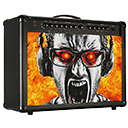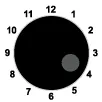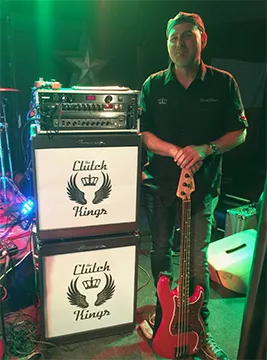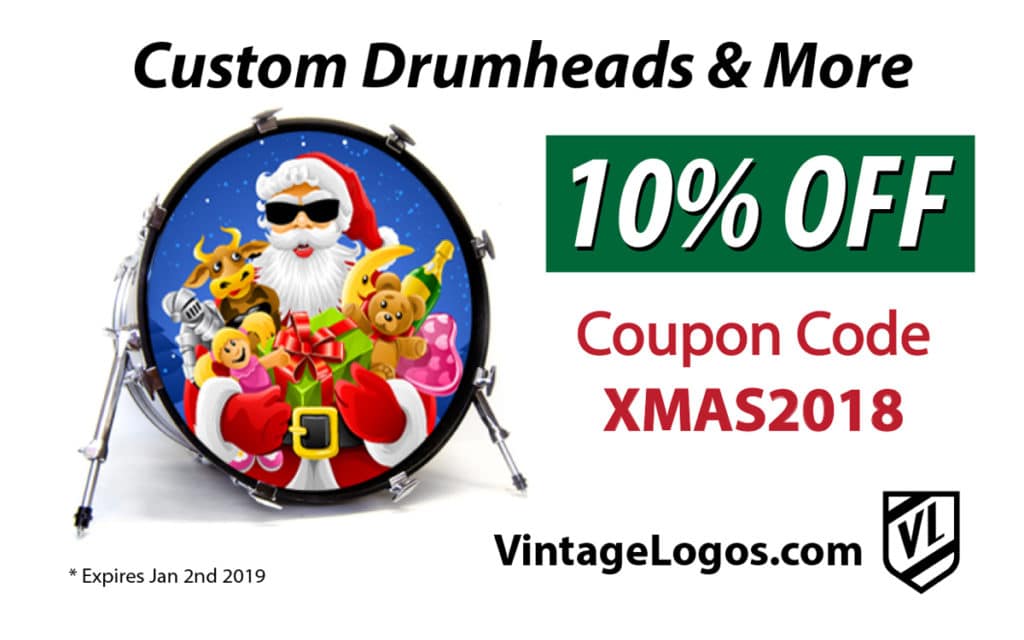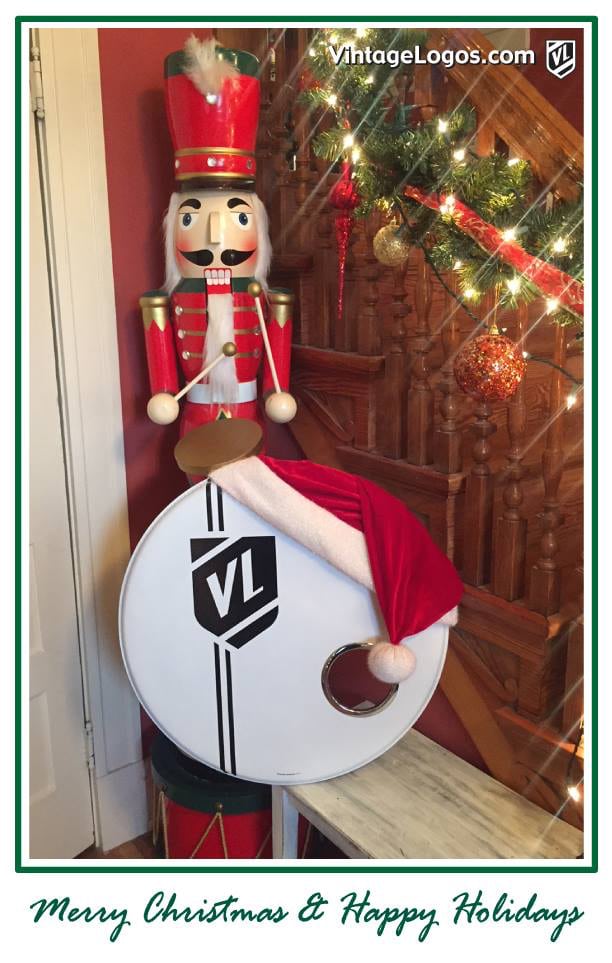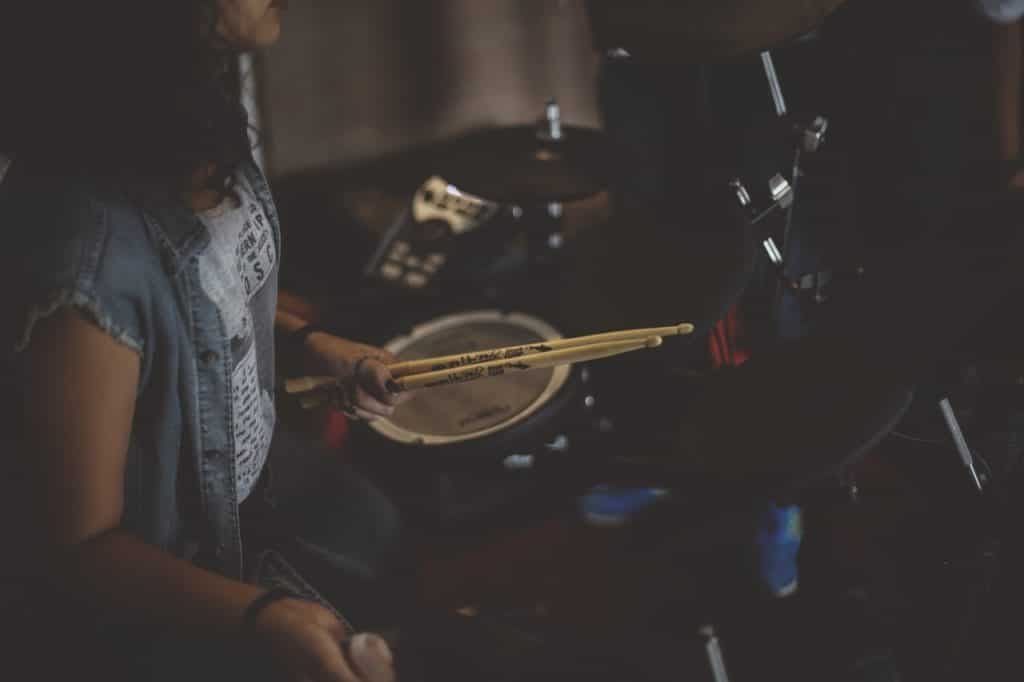
I’m not going to tell you what to do. Every musician should create their own goals and career trajectory, especially because being a drummer in 2019 can look very different depending on the person.
But there are creative ways to go about reaching your goals. And if you’re looking for some New Year’s Resolutions ideas, this is the post for you.
Here are four things you can do in 2019 to boost your music career and give you hope for the future.
Join Or Form A Band
If you’re not already in a band, you need to be — especially if you’re a drummer.
I’m not saying drummers need a band to succeed, but the whole idea of drums is that they work best with other instruments. Plus, it’s just way more fun to play music with friends.
If you don’t have musician friends or you’ve just moved to a new city, you can look up a Facebook group specific to your area.
For example, go to the Facebook search bar and type in “Nashville musicians” and check out the groups that show up. Then post in that group that you’re looking for fellow musicians to start a band.
You could also meet people the old fashioned way — in-person. Check out local artists who are playing concerts in your area, stick around after the show, and introduce yourself. Make sure you have business cards so you can quickly exchange contact info and websites (VistaPrint offers cheap and good custom business card).
Create A Practice Schedule
You’ll never be in a band if you’re not good enough. Yeah, you could do all the right networking steps and connect with other artists, but if you’re drumming is not up to par, it will all be for naught. It will go nowhere.
That’s why it’s super important to have a practice schedule (you may already be doing this). Having a schedule keeps you accountable. It tells you to practice even when you may not feel like it.
Sticking to a practice schedule will make you a better drummer. And the better you are, the better chance you have of being a successful drummer and having a hopeful future.
Focus On Advertising Your Band
Once you join a band, that’s when things get fun. You can start practicing as a band, booking gigs, and getting your name out there.
The only problem is that last step — promoting yourself.
Many musicians cringe at the thought of advertising or promoting themselves or their band, but it’s necessary if you want to stay a band.
And one simple way you, as a drummer, can do that is to get a custom drum head with your band name and logo on it.
Find New Venues To Play
Once you’ve joined a band and practiced together, it’s time to get out there and start playing shows. You could play the venues that all the other bands in your genre are playing. But you can also get creative.
You can look into some more unexpected venues to play to tap untapped audiences, like people’s houses, certain restaurants, and local record stores. And as long as you figure out the right rates, you can make money as a musician this way.
If you commit to these resolutions for the new year and apply yourself, you may find yourself with more hope for your drumming career and a success-focused path.
– – – –
Caleb J. Murphy is a songwriter and producer based in Austin, TX. He’s also the founder of Musician With A Day Job, a blog that helps part-time musicians succeed.

